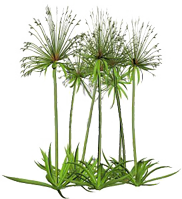| You are not logged in. | login to customize your own personal play list |
“Mocking Bird” by Barclay James Harvest |
| United States Federal Trade Commission forbids anyone under 13 from viewing these music videos! I want another random song. |
| You are not logged in. | login to customize your own personal play list |
“Mocking Bird” by Barclay James Harvest |
| United States Federal Trade Commission forbids anyone under 13 from viewing these music videos! I want another random song. |
 |
 |
 |
 |
 |
|
 |
   |
 |
song info “Mocking Bird” by Barclay James Harvest is a progressive rock song.
Artist: Barclay James Harvest Genre: progressive rock Number of listens: 7617 link to the static song information page for this song:
|
||
This music player is available as open source code. Everyone can build their own personal free and legal music player. This source code is free for any legal non-commercial and/or non-profit and/or educational and/or private purpose. This open source player is courtesy of This Side of Sanity (ThisSideofSanity.com) and OSdata (OSdata.com).
Build your own player. Avoid the hassles and fees of commercial music services. Let there be a million free and independent music players on the web. Strongly suggest building players dedicated to specific kinds of music. Notify me of the location (URL) and specialties of your custom player.
Proverb:He who walks in front gives you wisdom. —Ugandan Proverb |

Green Orange archive
totals
michaelm
Enjoy the This Side of Sanity website Twitter feed.
Enjoy the This Side of Sanity Twitter feed.

If you spot an error in fact, grammar, syntax, or spelling, or a broken link, or have additional information, commentary, or constructive criticism, please contact Milo at PO Box 5237, Balboa Island, Calif, 92662, USA.
Copyright © 2011, 2012, 2013 Milo. All rights reserved. Todos Derechos Reservados. The copyrights on all source code and the data base belong to Milo and are used on this web site by permission.